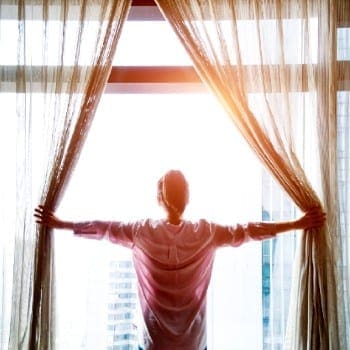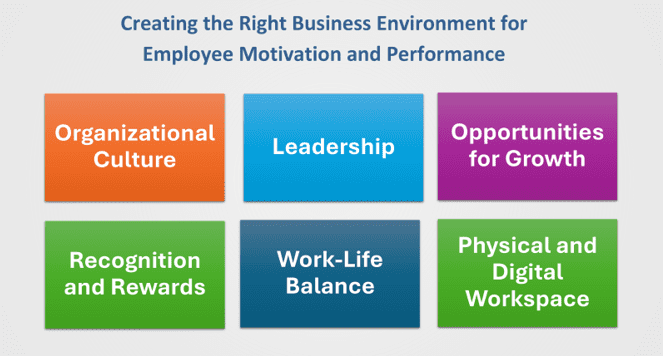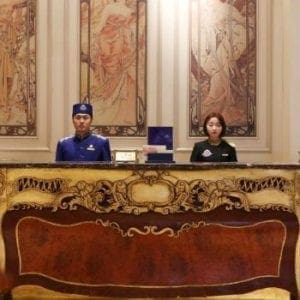 In the April 6, 2020 edition of The New Yorker, Dr. Anthony Fauci, director of the National Institute of Allergies and Infectious Diseases in the United States, suggested that people approach the current situation with a condition-based approach mindset: “You don’t make the timeline, the virus makes the timeline”. For hoteliers whose corporate culture is based on relationships, hospitality and visitor experience, it goes without saying that not being able to control the return to normal requires a huge dose patience, humility, agility and above all, resilience for the future.
In the April 6, 2020 edition of The New Yorker, Dr. Anthony Fauci, director of the National Institute of Allergies and Infectious Diseases in the United States, suggested that people approach the current situation with a condition-based approach mindset: “You don’t make the timeline, the virus makes the timeline”. For hoteliers whose corporate culture is based on relationships, hospitality and visitor experience, it goes without saying that not being able to control the return to normal requires a huge dose patience, humility, agility and above all, resilience for the future.
An opportunity to reflect
For the accommodation sector, without visitors, the hotel loses its meaning and its deepest sociological sense, since it is defined, fundamentally, by cultural and culinary exchanges and its openness to the world. Nicolas Bouvier, in his book The use of the world, says it better than anyone: “We travel so that things happen and change; otherwise we would stay at home.”. This sentence, written in 1963, joins a heavy trend which is transformational tourism and which: “allows the traveler to immerse himself in the virtues of travel, whether emotional, social, physical or spiritual. It is the pursuit of becoming better versions of ourselves and in doing so, our humanity is strengthened.”. Obviously, the current context means that, for the moment, the journey is rather turned in toward ourselves which, in itself, may not be a bad thing.
At the same time, not a day goes by without new statistics on the impacts of this pandemic being published and testimony from leaders of the tourism industry being shared. With this continuous flow of information, it is normal to feel like you are slightly lagging behind. To paraphrase Mr. Vishal Gaur, professor at the SC Johnson College of Business at Cornell University, we are experiencing the current crisis as if we were trying to drive a car while looking in the foggy rear-view mirror at a road we do not recognize.
Learn from the past
For a few weeks now, we have been aware of an undeniable fact: history is written by Man so we must recognize the important impact that microbes have had and will eventually have on the evolution of our societies. In a text published on March 9, 2020, Forbes reminded us that each pandemic comes with its share of innovations. For example, we learn that the Black Death (between 1346 and 1353) gave birth to modern society (nothing less!): Openness of mentalities towards medicine based on experimentation and science, automation of tools to accelerate the work, sharing of land and therefore, better food, reduction of inequalities, accessibility to studies for a larger number and even, creation of the hourglass and the clock in order to keep track of the time invested in tasks geared towards production. In fact, as Francine Michaud, professor emeritus in medieval history at the University of Calgary, points out, “what surprised me as a researcher was the taste for life of the survivors of the plague. They rebuilt their society from all angles, and they did it in a very optimistic way.”.
We also know that the epidemic of Boston smallpox (1721) led to variolization (ancestor of the vaccine) as well as to the free press and that the episode of SARS (2003) had a gigantic impact on electronic commerce, especially in China, by accelerating the change in consumer habits. As a drop of light can give color to black, to meditate during this time of confinement that affects us all, is imperative.
For hoteliers, it is obvious that several scenarios are on the table regarding the reopening of their establishments. These strategies have already been discussed. Until we see what sustainable innovations will withstand the current pandemic–because there will be some–it is important that hoteliers stay alert and seek information from credible sources related to their concerns.
The path of possibilities
When you understand the universe in which you live, action creates hope. Christian Delom, secretary general of A World For Travel, published on April 6, 2020, a powerful text on the paradigm shift that the travel industry will have to make during the restart. One of his observations: “The path of possibilities, the actors of this path, those responsible for its smooth running therefore have a major responsibility: reinventing ourselves in depth, doing less to do better, rethinking the experience, giving back to the journey the primary meaning, that of discovery.”.
This reflection can take place right now. Dr. Fauci has made this clear and history has shown it: the timetable will be dictated by the virus and innovations are possible. In the meantime, let’s take this opportunity to reflect and take the time available to us to document, educate ourselves and to review our operations in a world where best practices will rhyme with the new reality of “6-foot tourism” regarding social distancing. Let’s not forget that vision is a decision criterion and that, as Antoine de St-Exupéry wrote, “a goal without a plan is only a wish”.
* This article was first published in French for ITHQ. The link is just here.
Steve Coll, Unscientific Method, The New Yorker, Avril 6, 2020, p. 11.
Industry Experts Reveal Top Travel Trends and Hot Destinations for 2020, eHotelier, December 5, 2019.
Global Supply Chain Agility and Fragility : Navigating the COVID-19 Crisis, Keynote, eCornell, April 10, 2020.
Kumar Mehta, Why Corona Virus Will Stimulate Innovation, Forbes, March 9, 2020.
Ce que l’on peut apprendre de la peste noire du Moyen-Âge, Radio-Canada, April 11, 2020 (in french).
Voyage : « c’est une crise ? Non, c’est une révolution ! », L’écho touristique, April 6, 2020 (in french).



















